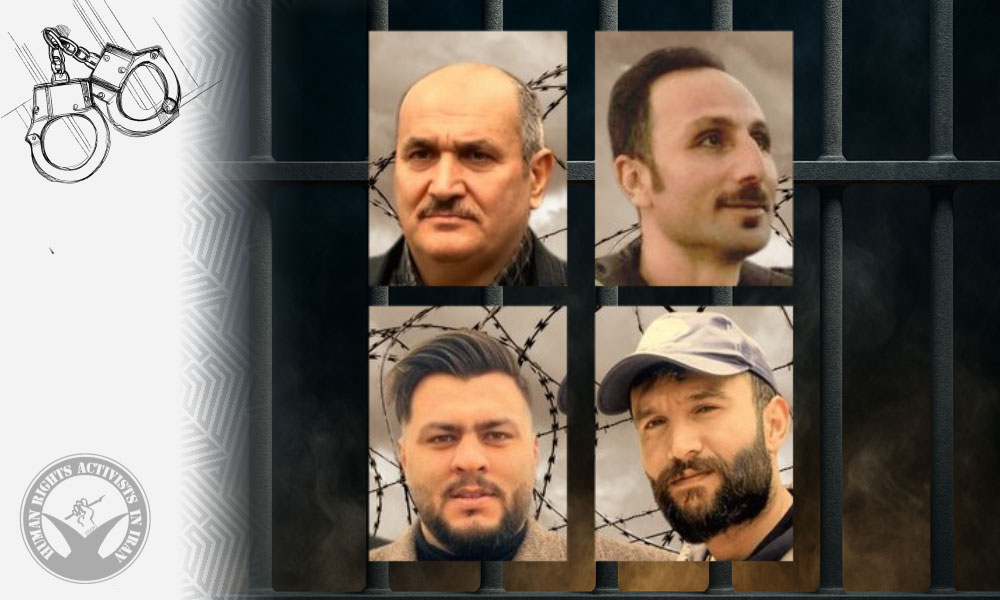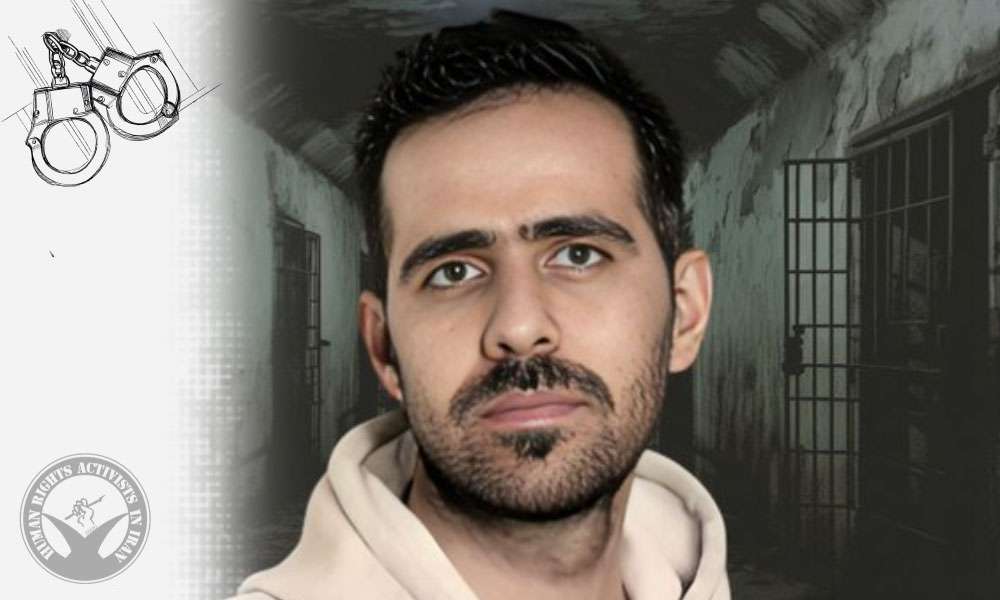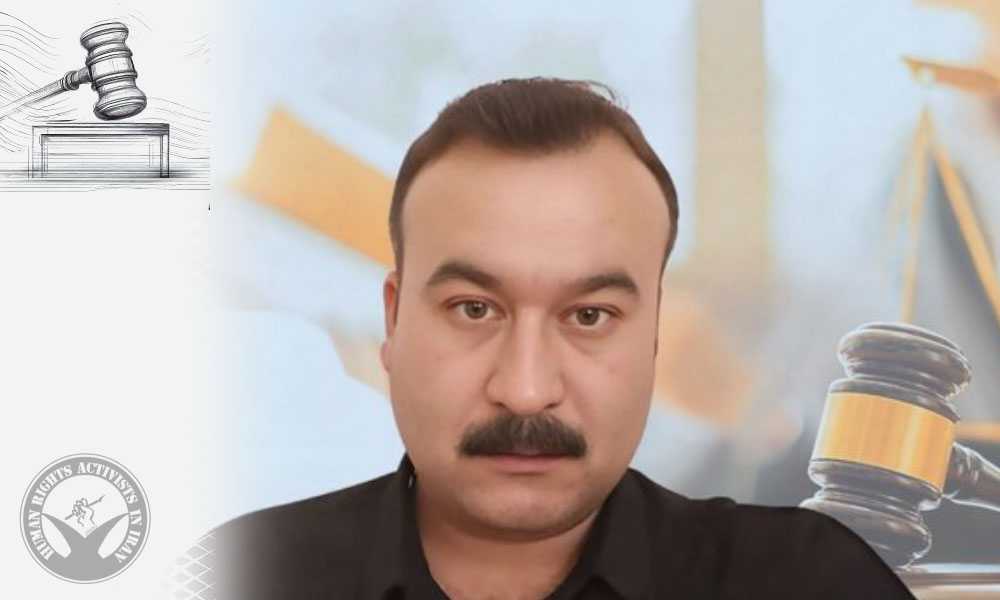HRANA News Agency – Mansoor Arvand, political prisoner in Mahabad prison, has been transferred to an unknown location.
According to the report of Human Rights Activists News Agency in Iran (HRANA), early morning on Sunday 10th May, Mansoor Arvand political prisoners, unexpectedly, was taken to an unknown location by agents of Mahabad Prison.
None of his friends and relatives has been information about location and the reason of this prisoner’s transfer. The prison and judiciary authorities of Mahabad have claimed that they have no information in this regard.
A close source to Mansoor Arvand told HRANA’s reporter: “On Sunday morning when prisoners were asleep, Mansoor had been taken and it is not clear where he was taken, it is possible that he has been taken to Intelligence office in Mahabad or Urmia, but it is not exactly known.”
Regarding the possible reasons for the transfer, this source added: “It is not clear exactly, but there is some conjectures that this is perhaps related to the recent protests in Mahabad, or maybe, this is related to the interrogation regarding his case, but nobody knows.”
According to HRANA’s sources, as Mansoor Arvand has been under the risk of execution for a long time and the final decision by the Supreme Court is still not clear, this transition has concernedhis friends and family.
Mansoor Arvand was arrested at his home in June 2011 by the Revolutionary Court in Mahabad, with the charge of combat and cooperation with the Kurdish parties and was sentenced to death. HRANA’s sources stated that his case has not been reconsidered, and because he suffers from kidney infections and asthma, his conditions were described hard and serious in Mahabad prison.
Earlier, some news were released that the death sentence of Mansoor Arvand has been commuted to life imprisonment but there were some vague news also, and one of HRANA’s legal experts in this regard stated that the Supreme Court does not have judicial authority to reduce the sentence and can only deal with the procedure that the verdict was issued, to approve or reject, and for reconsideration, refer the case to other branch, although, rejecting the sentence by the Supreme Court, implies that there are some deficiencies in the investigation that automatically raises the possibility of changing the verdict.
Mansoor Arvand Transferred to an Unknown Location







